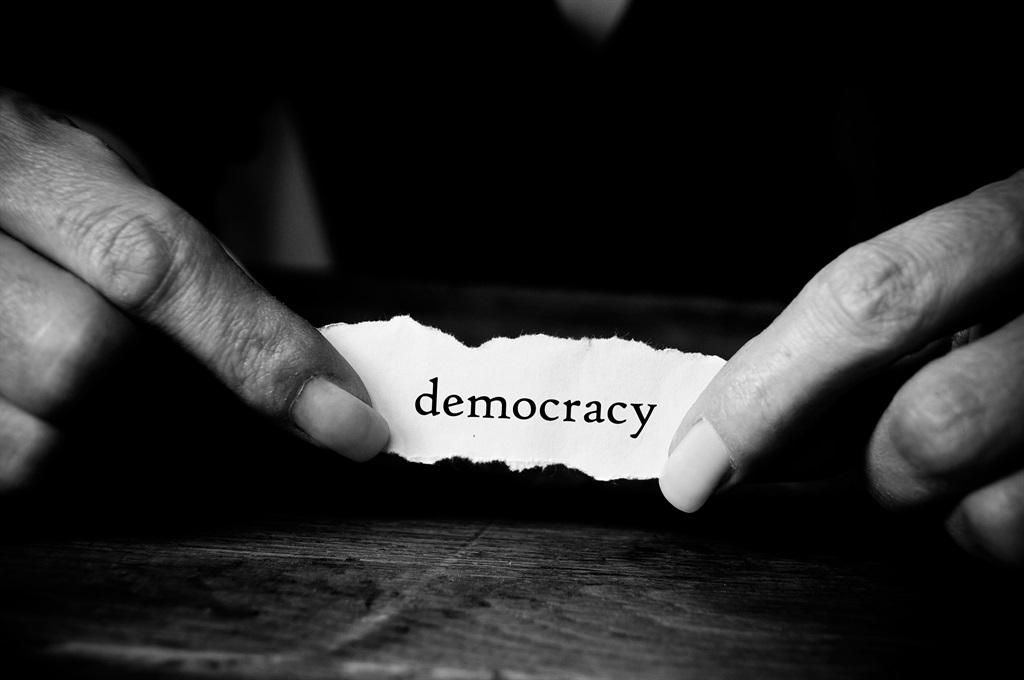
The Constitutional Court ruling relating to the funding for political parties is a win for democracy.
For a long time, political parties were reluctant to disclose the sources of their funding, the amounts they received including the identities of their donors among other aspects. Now this will be a thing of the past, following a successful litigation by civil society organisation, My Vote Counts, an organisation based in Cape Town, that challenged the non-disclosure of party funding to voters.
The organisation’s main argument was that voters need to know who funds political parties they support. The disclosure is meant to control conflicts of interest and improper influence on parties by their donors.
Disclosure boosts transparency and accountability in party funding practices. Therefore, this historic judgment came at a time when political parties are gearing up towards the 2019 national and provincial elections.
Voters need to know who is funding their preferred political parties. In its judgment, the Constitutional Court ruled that voters have the right to access any information that enables them to make informed decisions. Disclosing sources of their private funding is one of those aspects that the Constitutional Court judged as important information for voters to know towards making better political choices.
A win for democracy
As far as democracy is concerned, this judgment was a victory!
First, it’s a victory because in a country endemic with corruption in both public and private sectors, transparency about finances is an imperative. For the first time, citizens will now demand to know all private funding that their political parties are receiving towards their electoral programme, in terms of the Promotion of Access to Information Act (Paia).
Second, the enforcement of the act strengthens the constitutional obligation to provide reasonable clarity of legislation that in some way seems to have failed in enabling full expression of its intended purpose. In this case, Paia had failed to enforce transparency as far as private funding received by political parties.
The Constitutional Court provided the needed impetus towards enforcement of the Act. It will be harder for political parties to access any private donations for their work from unscrupulous sources.
Third, the ruling affirms the critical role that civil societies continue to play in advocating for reforms that enhance democracy in the country.
The resilience demonstrated by the sector, led by My Vote Counts, is a clear demonstration that every contrary conduct by government, its agencies, political parties, the sector itself including individuals that restrain full realisation of the aspirations encapsulated in the Constitution, will not go unchecked.
What does this ruling mean for political parties?
The Constitutional Court ruling places onus on political parties to disclose all their private funding received. This is an important for democracy because disclosure will now become part and parcel of our politics.
I envision robust engagements between political parties and voters as they scrutinise information about source of their private funding. Crucially, donors with ill-conceived agendas, seeking ways to manipulate their way into government, will soon find out that it is no longer easy to do so.
However, a question lingers, are political parties ready to ensure control measures are in place to ensure compliance with the Constitutional Court ruling? Will they make these measures available to their party supporters and the public for transparency sake?
These questions are useful for holding political parties accountable in reference to the ruling.
What does this mean for Parliament?
The National Assembly must now act with expediency in passing a law that compels political parties to disclose their funding sources. Moreover, the National Assembly must engage political parties in the processes leading to enactment of the law so any aspects that are unclear be mutually addressed to avoid unnecessary delays in implementing the ruling.
What does this mean for civil society?
While this ruling is a laudable effort, it places a great responsibility on the sector to ensure that the ruling is implemented and enforced by relevant agencies. Political parties must be aware that the sector’s efforts do not end with a landmark ruling. The sector will continue to monitor all deals and channels used by political parties to mobilise their resources.
Moreover, the sector must increase its efforts to conscientise ordinary citizens about the ruling and their roles and responsibility in demanding transparency from the parties they affiliate with. Active and responsible citizenship demands active enforcement of the ruling at all levels of governance if meaningful change will be realized. Sadly, endemic corruption has stifled service delivery in most municipalities across the nation and citizens are experiencing the effects.
In the light of this, citizens as voters need to make informed decisions come the 2019 national and provincial elections about who funds their political party.
Overall, the Constitutional Court ruling is a laudable step towards deepening democracy in South Africa. Voters, who are also taxpayers, now have a chance to scrutinize their parties and demand information about their sources of funding. The test for all citizens is whether they will take up this challenge and hold political parties to account. Only time will tell.
• Dr Paul Kariuki, is the programmes director for Democracy Development Program, a national NGO headquartered in Durban. He writes in his personal capacity.




 Publications
Publications
 Partners
Partners








